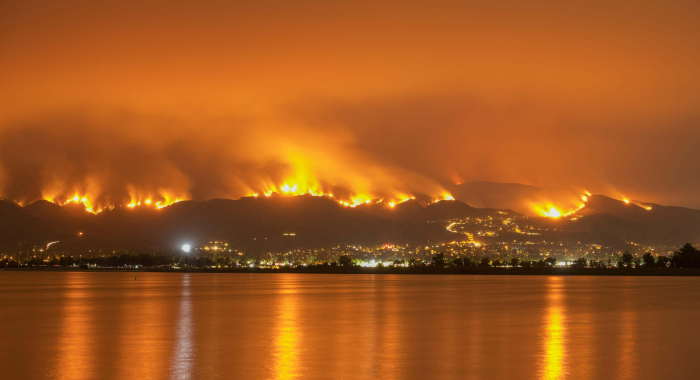Technology is enabling conservation scientists to collect and analyze data with an efficiency unimagined just decades ago. Satellite and drone-based remote sensing allow rapid mapping and monitoring of environmental conditions; networked sensors such as camera traps and flow meters provide real-time data about the health and potential threats to important resources.
Data are fundamental to making science-based conservation decisions. By modernizing environmental data capture and analysis and streamlining the delivery of usable information to decision makers, we can unlock new opportunities for transformative change in resource management.
The Conservancy’s team of designers, engineers, and data scientists are continually applying new applications of technology to increase the pace and scale of conservation in California – and beyond.


Scott A. Morrison, Douglas T. Bolger
Reproductive success of many species in arid environments can be sensitive to rainfall patterns: rainfall events can produce a boom of primary productivity that fuels an ecological response from the…Scott A. Morrison, Douglas T. Bolger
Fragmentation-sensitive species – those that tend to disappear when their habitat is fragmented – pose particular challenges for conservation, in part because fragmentation ushers in such…Douglas T. Bolger, Andrew V. Suarez, Kevin R. Crooks, Scott A. Morrison, Ted J. Case
Habitat fragmentation ushers in a wide array of ecological changes, and understanding the drivers and impacts of those changes is critical for conservation management. This study examines an often…